Wild Atlantic Nature is coordinated by the Department of Housing, Local Government and Heritage. As well as working locally, the project brings together the experience and knowledge of associated partners including the Department of Agriculture, Food and the Marine, RTÉ, Coillte, Fáilte Ireland, The Heritage Council, Bord na Móna, Teagasc, Northern & Western Regional Assembly, and Universidade de Santiago de Compostela in Spain.
Day-to-day running of the project is undertaken by a core project team which includes:
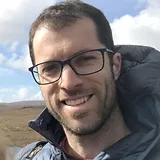
Dr. Derek McLoughlin
Project Manager
Derek McLoughlin is the Project Manager and has worked in the area of agro-ecology since the early 2000s. He has a particular interest in how we interact with nature and the land, its people and their stories. This interest has guided his work in agriculture towards the use of results-based payment schemes as a tool to realise agriculture and environmental policy that works for farmers, the public, and nature. He is an ecologist by training with extensive experience across many habitats and species, particularly peatlands and birds. He worked with the European Forum on Nature Conservation and Pastoralism on the EU RBAPS project in Ireland and Spain and the Pearl Mussel Project European Innovation Partnership (EIP).
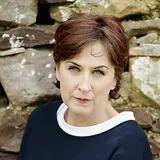
Julie Reynolds
Project Administrator
Julie Reynolds is our Project Administrator and is responsible for the financial and day-to-day administration of the project and associated systems. Julie holds a professional post-grad qualification in Accounting & Finance from ACCA. With over 20 years’ experience in administration and financial management, she has worked in a diverse range of industries including multinational, private enterprise, community and start up. Having relocated to a smallholding in Co Sligo, Julie is actively involved in local community activities – civic, sporting and otherwise. She joins the project with a personal interest and love of all things nature, animals and the environment.

Dr. Gary Goggins
Public Awareness Manager
Gary is Public Awareness Manager with primary responsibility for communication and dissemination activities and stakeholder engagement. He previously worked as a Senior Research Fellow at NUI Galway, a project manager in the construction industry and in the NGO sector in Ireland and Zambia. He holds a PhD in Environmental Social Science, an MA in Community Development and a degree in Business Studies. His work has been published in several leading international peer-reviewed journals. His main research interests are in relation to sustainable development and just transitions. He is also concerned with how knowledge is communicated with policy makers, civil society and industry.
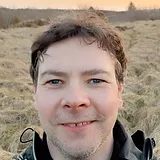
Kieran Rocks
Data and GIS Manager
Kieran is tasked with managing the data and geographic information requirements of the project. Coming from a rural farm background, he has completed Masters degrees in Computing and Information Systems and Geographic Information Science. Kieran’s experience has been developed in various public bodies over the years, ranging from local government to geological and environmental fields. Most recently he worked with Inland Fisheries Ireland in supporting their scientists and contributing to reports and papers.
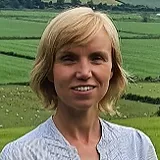
Victoria McArthur
RBPS Coordinator
Victoria McArthur is the RBPS coordinator for the Wild Atlantic Nature project. Her role is to provide support and advice to the farmers and agricultural advisors who are participating in the RBPS scheme. Victoria is an experienced farm advisor and agronomist. Originally from Norfolk, she worked as a farm business advisor for ADAS. On moving to Donegal in the 2001, Victoria has worked as a coordinator and advisor in various roles in the agricultural industry as well as helping to run the family farm. Victoria is presently studying a Master degree in Environmental Management with the University of Ulster.
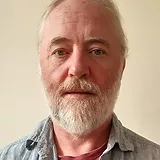
John Derwin
Project Ecologist
John Derwin is the Project Ecologist for Wild Atlantic Nature. John has over 20 years’ experience in surveying and assessing peatlands, including EU LIFE Bog Restoration projects. John will primarily be responsible for Blanket Bog and Heathland assessment, restoration actions and monitoring of results.

John Walsh
Environmental Technician
John is an Environmental Technician with Wild Atlantic Nature. He holds a degree in Environmental Science from IT Sligo, with his final year thesis focusing on the anthropogenic disturbance to peatland ecosystems from turbary activity. Originally from Co. Sligo, John grew up with a farming background and has a keen interest in ecology and a love of nature. He has worked closely with peatlands throughout his life and this experience has guided his career into peatland ecology. John’s goal as an ecologist is to help maintain, and protect peatlands – one of the world’s most unique ecosystems.
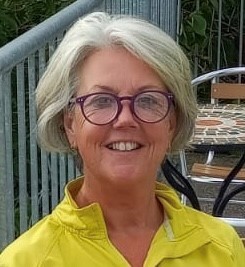
Patricia Cox
Administration Support
Patricia is responsible for administration support to the project. Her past experience has been as a partner in a small manufacturing business from start up to success, and several years of admin, accounts and customer service roles in varied settings including retail, community and healthcare. Patricia has a love of the environment, landscapes and nature in general, especially around the Mayo/Galway coastline.
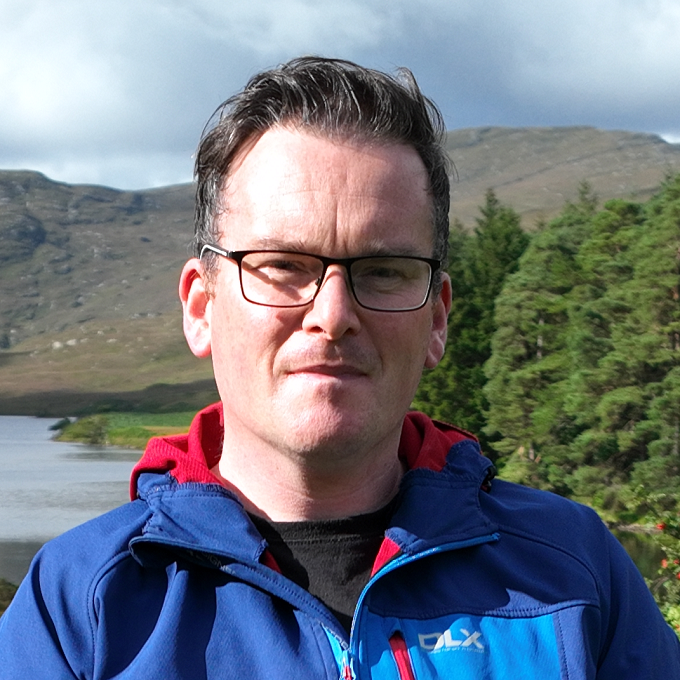
Lee McDaid
District Conservation Officer
Lee McDaid is from Co. Donegal and has worked for the National Parks and Wildlife Service in education and conservation for some 20 years. Lee has worked in some of Ireland’s largest blanket bog systems including the Owenduff catchment in Wild Nephin National Park in Co. Mayo and Glenveagh National Park in Co. Donegal. Lee has a particular interest in the use of drones and other remote sensing techniques to inform and assist blanket bog restoration. A graduate of Ulster University 2024 Lee completed MSc on the Mapping Rhododendron ponticum using pixel classification and other deep learning techniques. Lee works as District Conservation Officer with the Wild Atlantic Nature LIFE project.
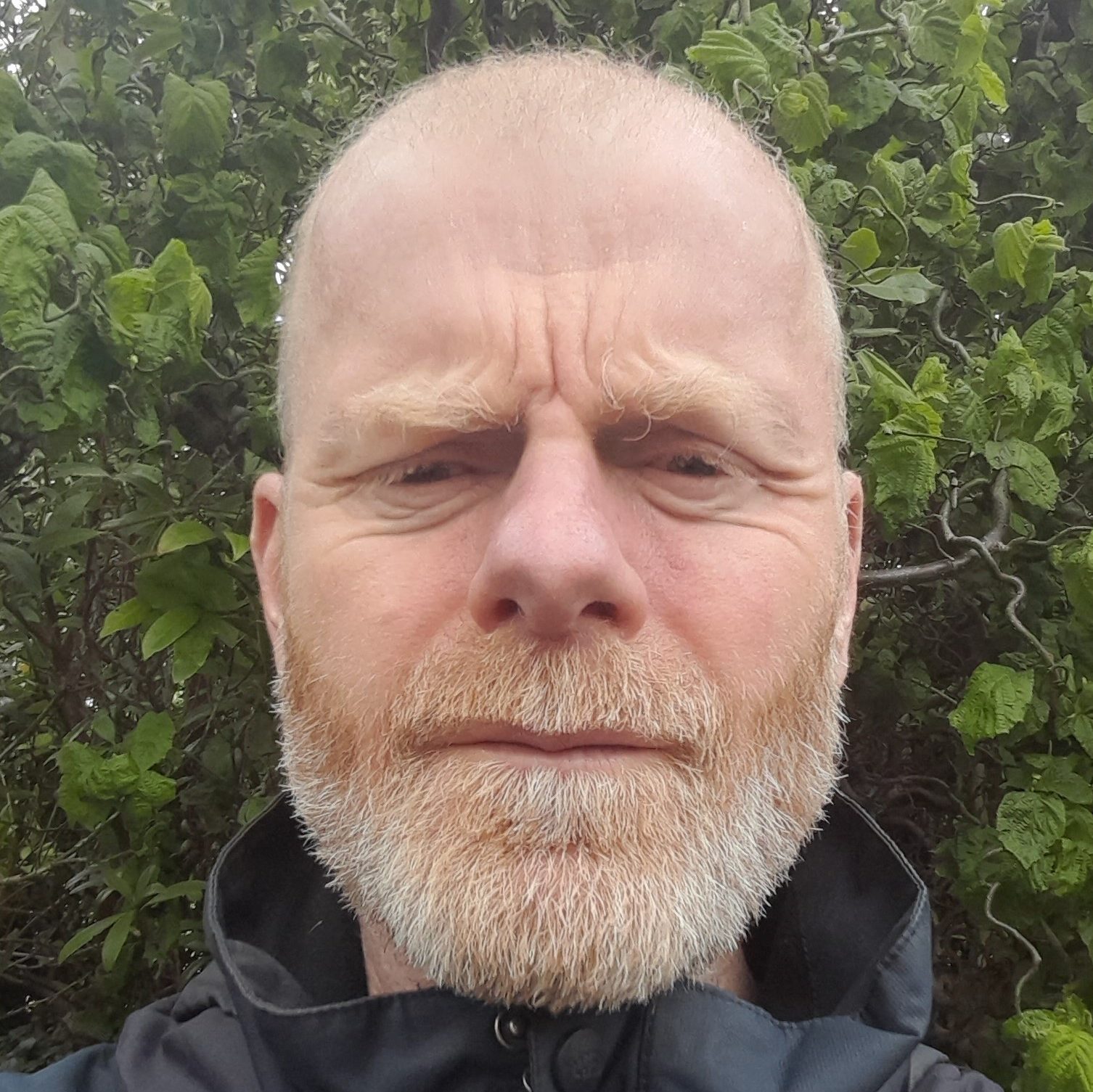
Eoin McGreal
District Conservation Officer
Eoin has always had an interest in natural history with a particular focus on uplands, freshwaters and the coastline. After studying applied aquatic ecology at Galway RTC he worked at various roles in fisheries before joining the National Parks & Wildlife Service in 1999. Since then he has worked as a Conservation Ranger in his native County Mayo and this experience has given him a deep insight and understanding of the challenges and complexities that are involved in safeguarding our natural heritage. He has published papers on various aspects of Irish birds and is the vice-county recorder for West Mayo for the Botanical Society of Britain and Ireland.
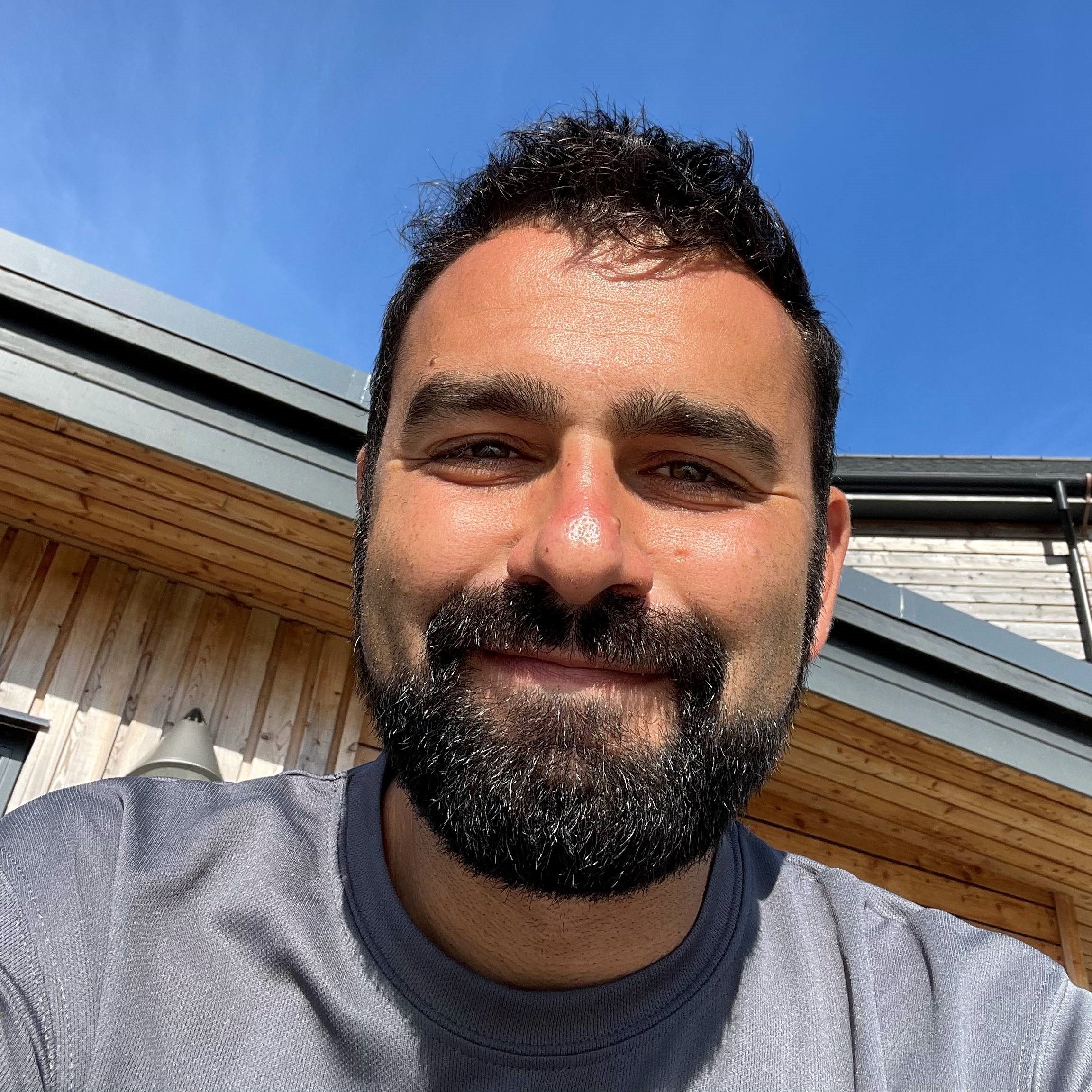
Guaduneth Chico León
WaterLANDS Action Site Coordinator
Guaduneth is the Action Site Coordinator for the WaterLANDS Horizon 2020 project. His main responsibility is to work closely with local communities, landowners and others to support peatland restoration at Cuilcagh-Anierin SAC. He previously worked as researcher and lecturer at Nottingham Trent University, leading a global assessment of degradation of blanket bogs. Guaduneth holds a PhD in Environmental Sciences, a MSc in Climate change and geographic information, and a BSc in Geography. His main research is focused on mapping and assessing blanket bogs globally and creating international collaborative networks to better understand peatland environments. He is currently assessing carbon content, carbon accumulation, erosion rates and hydrological patterns across 27 study sites in Europe, Canada and the Falkland Islands.
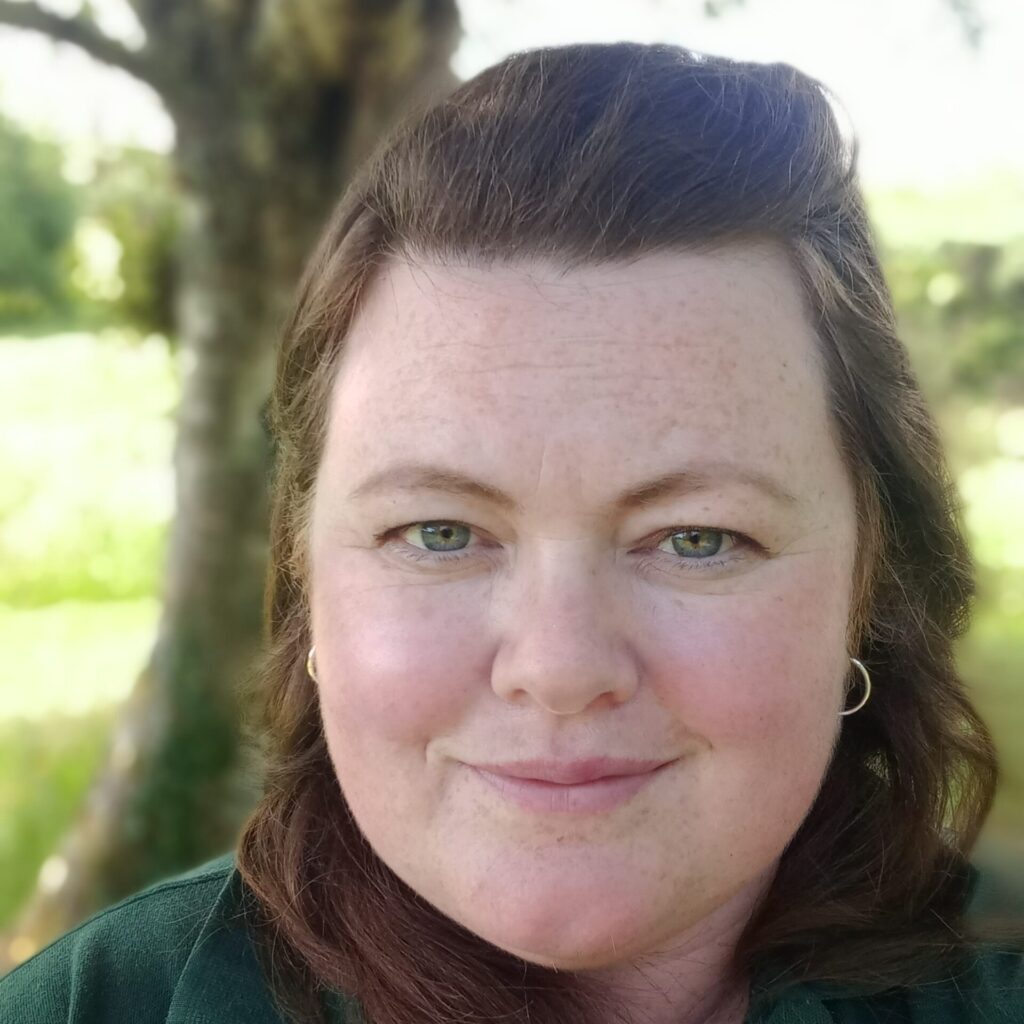
Margaret Flaherty
Community Engagement Officer
Margaret is Community Engagement Officer with Wild Atlantic Nature. She has been working in education and visitor services in Ireland’s National Parks since the early 2000s. She has combined this career in learning and engagement with her own studies and holds a PhD in Zoology, a MSc in Nature Conservation and a degree in Ecology. She’s had a number of post-doctoral roles including teaching, research and stakeholder engagement. Margaret grew up in Connemara, and with its rich ecosystems as her backyard, has had a keen interest in nature from a young age. Margaret is passionate about helping to nurture a deeper understanding and appreciation of Irish natural heritage, which she believes is key to protecting nature and ensuring that it can be enjoyed by future generations. She is also an advocate for protecting the nocturnal environment and is actively involved in dark sky initiatives.
Wild Atlantic Nature is a broad spectrum multi-faceted project that aims to assist in delivering favourable conservation status across the Natura 2000 network, particularly in blanket bogs in the northwest of Ireland. A total of 10 beneficiaries are responsible for delivering over 75 actions in a nine-year period. These actions span sectors including farming, forestry, tourism, community development and scientific. Therefore a range of project groups have and will be formed to advise and direct the project.
Project Management Group (PMG): This group comprises all project beneficiaries and its key responsibility is to manage the successful implementation of the project and manage overall project risk. It is responsible for overseeing the delivery of complementary actions in association with the overall Integrated Project and the integration into various operational programmes in the funding period 2021-2028 and beyond. It also serves to provide managerial, scientific and technical advice and direction to the project team and monitor and evaluate progress in relation to the overall aims and objectives.
Natura Policy & Governance Coordination Group (NPGCG): This is an interdepartmental / inter-agency group that will be formed in 2021 to improve communication and cooperation among key stakeholders involved in Natura 2000 policy and governance, and to improve integration and coordination in the mobilisation of complementary funding for the eventual full implementation of the Prioritized Action Framework (PAF).
Scientific and Technical Advisory Panel: This group will be formed to advise the NPGCG, the PMG and the Project Team on specific aspects of the project implementation. It is envisaged that this will be made up of representatives of farmers with experience in RBPS, farming organisation, environmental NGOs, third-level educational institutes and other experts as required.
Local Advisory Groups: It is envisaged that as the RBPS programmes become established in the pilot areas, participant farmers will be invited to form a local advisory group as a key contact point between local farmers and the project team. Its purpose is to facilitate good communication and ensure project adaption as required.
